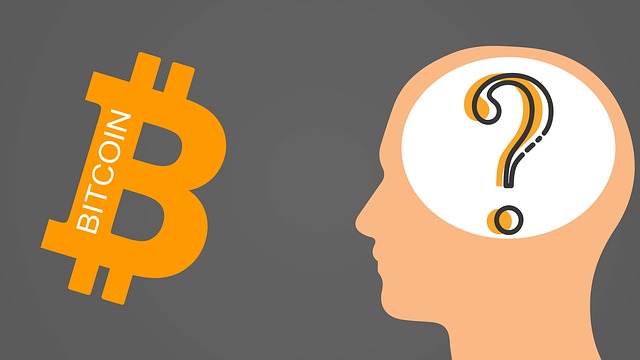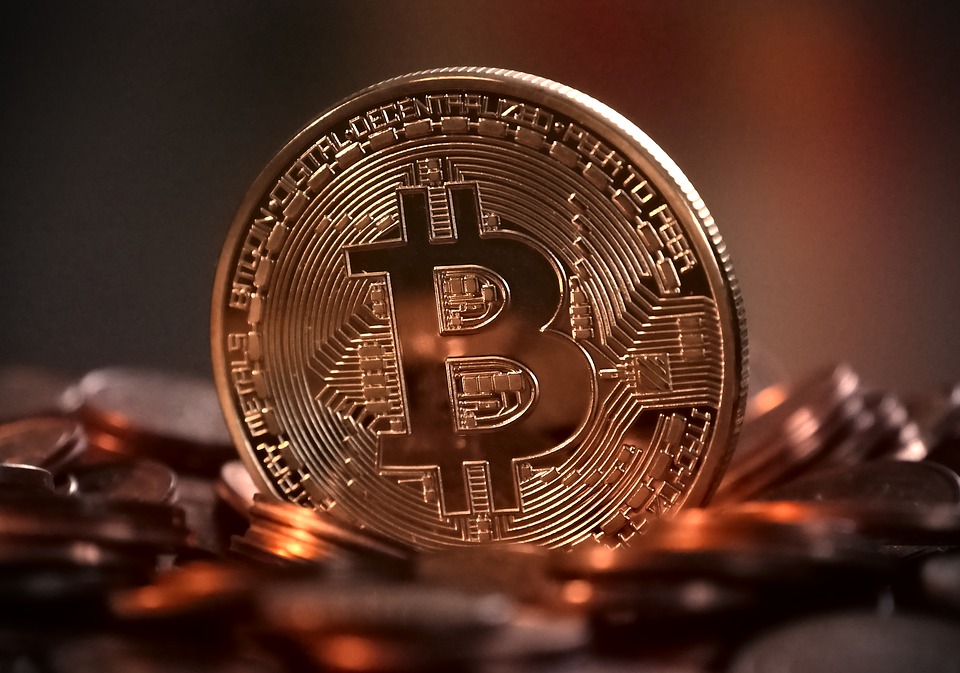Not so long after the 2008 financial cirisis, the world could become acquainted with a brand new currency, what we could not realise about its significance that time. Having regard to the time what has passed since then, the problem around the unadequate, unregulated status does not seem to be solved. By now today’s lawyers should face the problems about the legal gaps of cryptocurrencies beacuse its transactions lead to concerns regarding consumer protection, money laundering, and financing of criminal activities.

What do we call cryptocurrency?
In short the cryptocurrency is a convertible, decentralized, virtual money, that can be used as a substitute for real and legally recognized currency. Decentralized means the system does not require central authority, it is maintained by the users. It is called „virtual” because it is not a manifestation of a legal tender for instance the bank account money, and lastly you are able to convert it into legal tender and the legal tender into cryptocurrency, called Open Virtual Currency (however there are some unconvertible virtual money for example virtual money in video games).
Well-known cryptocurrencies, the blockchain and the mining
The world’s first cryptocurrency (and obviously the most famous) was created in 2009 by pseudonymous developer Satoshi Nakamoto, but there are some other widespread cryptocurrencies such as Etherum, NEO or Litecoin. The validity of each cryptocurrency’s coins is porvided by blockchain. Let’s imagine a database, which is accessible for everyone. This database is made up of records, and this database stores all the transactions in such a way that the last one is immutable. But for the active system the cooperation of users is inevitable and this is why the mining fills an important part in the blockchain system. Briefly, the mining is the validitation of transactions. Fort this effort the successful miners earn bitcoins.

But what are the challenges for the law?
The clamour what is around the regulation of cryptocurrencies poses a question: what is the optimal policy choice? Which one is the optimal for us, ban or regulate? Can the execution be foolproof after it is regulated? The first reason of the complication can be found in the pseudonym identifing the transaction. Who has cryptocurrency, has to match the money laundering and consumer protection regulations. As for the tax law it raises an interesting question in mining, paying, acceptance and trading. The Court of Justice of the European Union has already cared for the latter one and stated that the buying and selling of Bitcoin is exempt under value added tax. As for the international law the question is that who should be appointed to the top of the whole process to supervise? Probably the solutions of this situtation should be found in those country’s regulations who has already taken measures to regulate the bitcoin and its „fellows” (frequently called „altcoins”) such as China or Japan. China deserves to be highlighted because China’s central bank, the People’s Bank of China set up an Institute of Digital Money. According to the governor of the bank „Chinese regulators are not recognizing virtual currencies such as bitcoin.” Anyway the future is standing in the doorway with the cryptocurrency and it is the lawyer society’s duty to find a remedy before the others take advantage of the unregulated system.




